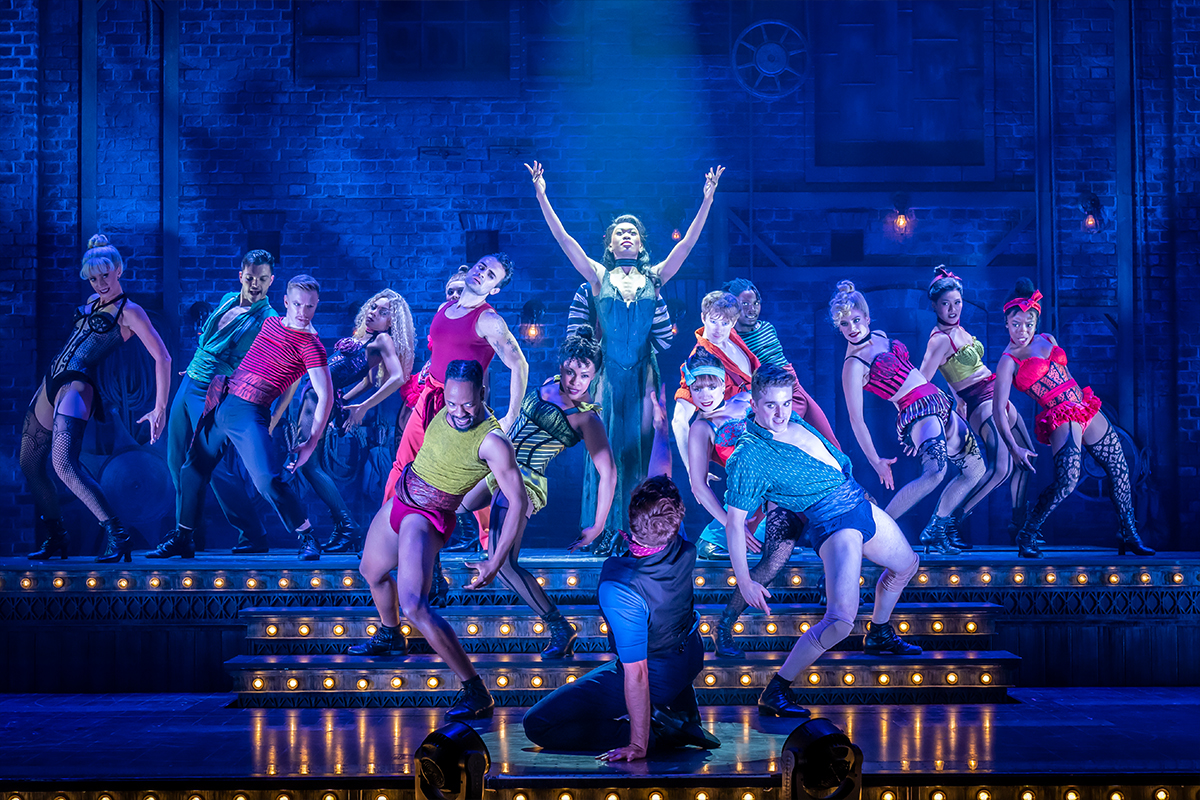Der Rosenkavalier
The faded gentility of David McVicar’s grubbily ornate designs (conceived in partnership with Michael Vale) not only reflects the Marschallin’s vanishing youth, it also represents a fast-fading world of crumbling privilege whose archetype is the boorish Baron Ochs. Sir John Tomlinson plays the oleaginous old tail-chaser with outrageous gusto and a voice whose frayed resources suit this gout-ridden old buffoon rather more than they did his exposed Pogner in the Royal Opera’s recent Meistersinger.
After a hard-driven, frantically sexual Prelude from conductor Edward Gardner, McVicar’s production opens with some full-on bedsheet action between teenage aristocrat Octavian (Sarah Connolly, superb here and throughout the course of an opera that she and her character dominate) and his cougar princess, the Feldmarschallin Marie-Thérèse. In the latter role Amanda Roocroft banishes memories of a less-than-secure Ellen Orford at Covent Garden last year and recovers some of her former glory. She does so at a cost, however, for her performance is underpowered. It is disconcerting to hear this often-glorious soprano lets rip so rarely, but there is a sense that she and Gardner may have agreed to husband her resources in order to stave off steel and wobble. It helps, too, that the ever-considerate Strauss rarely asks her character to sing over an orchestral surge. That said, Roocroft uses her current vocal fragility to dramatic advantage and ensures that the Marschallin’s emotional frailty becomes truly heart-breaking.
Where Act One is wistfully autumnal, the extraordinary young soprano Sophie Bevan brings the bloom of springtime into Act Two. Bevan, who can smile like an angel and sing to melt the soul, expresses soaring, above-the-stave joy at the sight of a silver rose (‘Wie himmlische, nicht irdische’>, rendered in Alfred Halisch’s elegant translation as ‘It’s like a gift from heaven’). It is the high point of the evening.
While this revival is a triumph, with the ENO Chorus and Orchestra on exciting form, the production is not without its niggles. McVicar sees scant potential in the character of Faninal, Sophie’s father, and gives the redoubtable Andrew Shore precious little to play with. Similarly, he does not even attempt to explain away the turncoat antics of the comic villains Valzacchi and Annina (Adrian Thompson and Madeleine Shaw, both hyperactively entertaining). Finally, to my dismay, Connolly – so convincing as the puppyish Octavian – is required at one point to disguise her voice into a gormless version of Lancastrian ‘ecky-thump’ in order to dupe Baron Ochs. It is a cheap, reach-me-down effect and an uncomfortable throwback to outdated notions of humour. Why should a northern accent be inherently funny? I wish I knew.
But enough of such carping, for here is a Rosenkavalier to remember, as strongly cast as one is likely to hear and a world-beating celebration of British operatic talent. With the luxury of Gwyn Hughes Jones taking time away from Cavaradossi to sing the small role of the Italian tenor, it is a thrilling event that sets a high bar for others to match in this year of jamborees and jubilees.
– Mark Valencia










